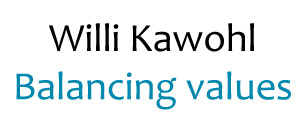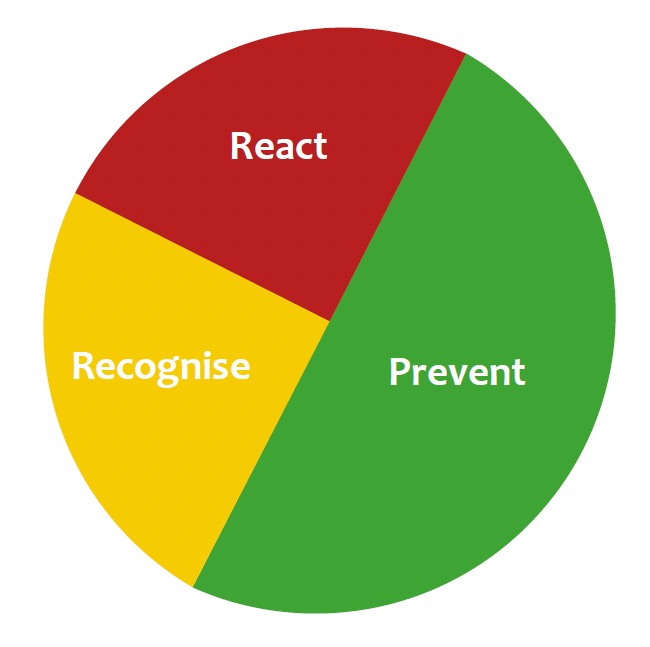
Corruption prevention
In my experience, prevention is a sustainably effective approach to combating and preventing corruption
The following success story illustrates how preventing and fighting corruption can succeed.
In early 2004, a small group of courageous church aid workers and freelance consultants formed a working group to help church development cooperation agencies and their partner organizations prevent and fight corruption.
In 2007 we produced a working paper entitled „Corruption in development cooperation – a problem that equally affects church organizations“. Our analysis showed that church organizations in development cooperation are also affected by corruption in various forms such as bribery, nepotism, embezzlement, misuse of resources and assets.
In order to jointly develop anti-corruption strategies and share experiences, new insights and ideas with each other, we organized four conferences between 2009 and 2018 under the motto „Courage to be transparent“.
Based on our extensive insider knowledge and practical experience in dealing with corruption in development cooperation, we developed a guide on corruption prevention in 2014.
Our most important recommendation was that all church development organizations and mission agencies in Germany should set up internal working groups/task forces.
In the meantime, all church aid organizations and mission agencies in Germany have comprehensive guidelines on corruption prevention as well as codes of conduct. They have also developed and implemented anti-corruption measures and tools.
Encouraged by the success and positive response of church development organizations to the conferences and guidelines, we launched a comprehensive guide in 2021, including a 60-question checklist for a self-evaluation process to achieve even greater effectiveness of anti-corruption systems.
Using a systemic approach to developing robust anti-corruption systems, we have divided our anti-corruption cycle into three phases.

My services for your success
Implementation and development of the key elements of a systemic anti-corruption approach.
- Prevention: risk analysis, rules and regulations, internal controls and procedures, internal and external communication, awareness raising, seminars and training.
- Identification: implementation of regular controls, ad hoc controls and whistle-blowing procedures.
- Response: Analysis of corruption cases, advice on case management, in particular sanctions, reporting, communication and documentation.
- Utilization of the knowledge gained for the continuous improvement of anti-corruption measures.
Links
www.transparency.de/themen/entwicklungszusammenarbeit
www.transparency.de/publikationen/detail/article/mut-zur-transparenz-iv
www.transparency.de/publikationen/detail/article/kirche-zwischen-glaubensgeheimnis-und-haushaltstransparenz-1
www.transparency.de/publikationen/detail/article/zentrale-elemente-von-leitlinien-zur-praevention-und-bekaempfung-von-korruption
www.transparency.de/publikationen/detail/article/korruption-in-der-entwicklungszusammenarbeit-ein-problem-auch-fuer-kirchliche-organisationen
Download
Download Service-description as PDF-file.
My Services
Value
training
Value
coaching
Value
balance
Corruption
prevention
Dealing with
dilemmas
Integrity
management